As we remember those who have fallen in the course of duty, protecting America and the freedoms which we enjoy, I find it particularly disturbing that President Obama has chosen this as a time to apologize for the bombing of Hiroshima.
Anyone who knows me can testify that I am at heart a peace-maker, prone to compassion and an advocate for forgiveness. Yet even I can see that there is a time and place when one must do all that is necessary to suppress evil for the sake of the innocent who are being victimized by it. If we are not acting against it, could it be said that we are in silent agreement, complicit with those who are committing the evil?
A brief look at history justifies the course of action taken by the U.S. in 1945, harsh and horrible as it was: Pearl Harbor; The Bataan Death March.; The Rape of Naking; Murdering of Doctors and Nurses; Cannibalism and Medical Experiments… (http://www.breitbart.com/national-security/2016/05/27/war-crimes-imperial-japan-lesson-moral-equivalence-mr-obama/). If left alone, the evil which was at work in Imperial Japan would have only grown greater and more destructive. It had to be stopped, and the bombings of Hiroshima and Nagasaki are what finally drove it to surrender.
To be truthful, the thought of those who were innocent and suffered because of the evil committed by their government makes me want to weep. I grieve for the loss of all human life and wish with every fiber of my being that peace was an achievable goal for humankind.
And so I ask myself, is there such a thing as a Just War? Can I stand before God with a clear conscience having taken such a stand?
I think that Gleason L. Archer (in the Encyclopedia of Bible Difficulties) expresses the argument well: "How could God be called 'good' if He forbade His people to protect their wives from ravishment and strangulation by drunken marauders, or to resist invaders who have come to pick up their children and dash out their brains against the wall? No policy would give freer rein to wickedness and crime than a complete surrender of the right of self-defense on the part of the law-abiding members of society. No more effective way of promoting the cause of Satan and the powers of hell could be devised than depriving law-abiding citizens of all right of self-defense. It is hard to imagine how any deity could be thought 'good' who would ordain such a policy of supine surrender to evil as that advocated by pacifism. All possibility of an ordered society would be removed on the abolition of any sort of police force. No nation could retain its liberty or preserve the lives of its citizens if it were prevented from maintaining any sort of army for its defense. It is therefore incumbent on a 'good God' to include the right of self-defense as the prerogative of His people. He would not be good at all if He were to turn the world over to the horrors of unbridled cruelty perpetrated by violent and bloody criminals or the unchecked aggression of invading armies.”
While God’s desire is that we live in peace with one another, there are those who are opposed to God and are not willing to compromise in the pursuit of power, greed, or for the sake of an ideology. Such people make peace impossible. Either we allow such villains as Benito Mussolini of Italy, Adolf Hitler of Nazi Germany, and Emperor Hirohito of Imperial Japan to wreak havoc on the world, or we stop them.
Christian theologians St. Augustine of Hippo (354 - 430) and St. Thomas Aquinas (1225-1274) are primarily responsible for formulating the theory of the Just War which has remained the majority Christian approach to war to this day.
There are many variations on the Just War theory, but these are the basics:
•There must be a just cause for the war.
◦War must be waged only in response to certain, grave and lasting damage inflicted by an aggressor.
◦The motive for war must be advancement of good or avoidance of evil.
◦The ultimate objective of war must be to bring peace.
◦Revenge, revolt, a desire to harm, dominate, or exploit and similar things are not justification for war.
•Every possible means of peacefully settling the conflict must be exhausted first.
•There must be serious prospects of success; bloodshed without hope of victory cannot be justified.
•The war must be declared by a legitimate authority. Private individuals or groups should seek redress of their rights through their governments, not by acts of war.
•The war must not cause greater evil than the evil to be eliminated.
•Non-combatants (civilians) must not be intentionally harmed.
•Prisoners and conquered peoples must be treated justly.
To all who have sacrificed to stand against evil, to protect this country I love and to keep her free, I am grateful.
God Bless America!
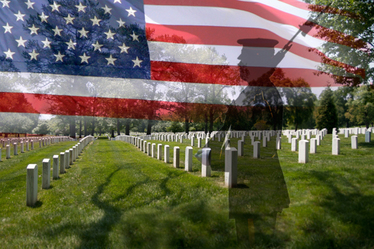
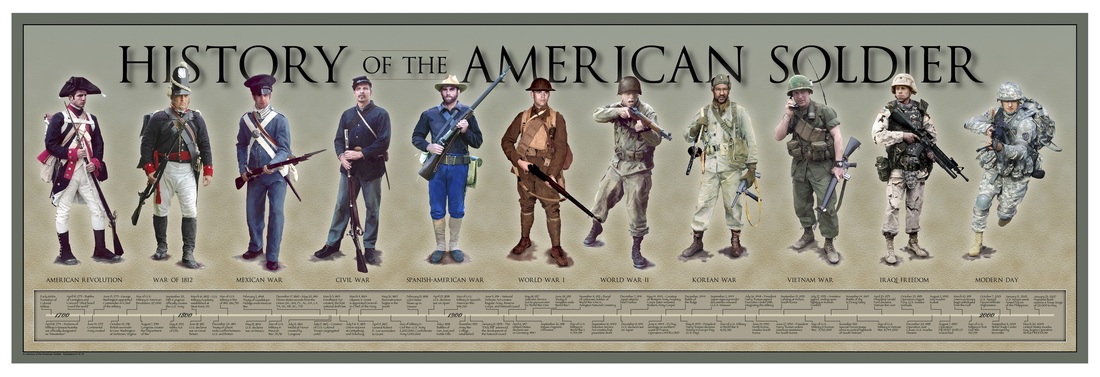
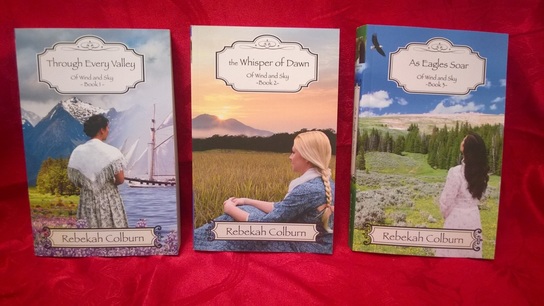
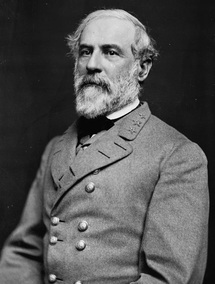
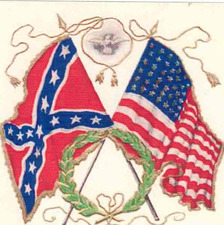
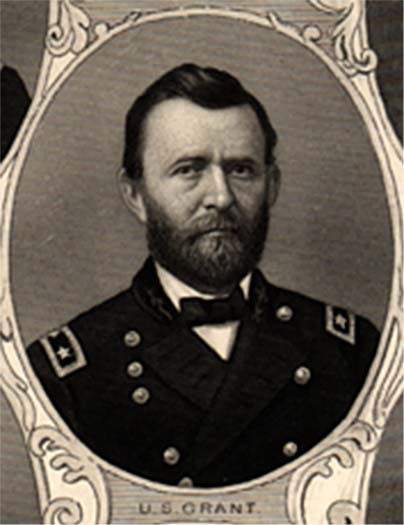
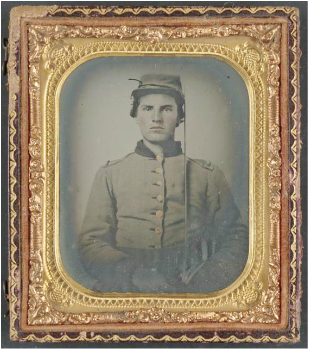

 RSS Feed
RSS Feed